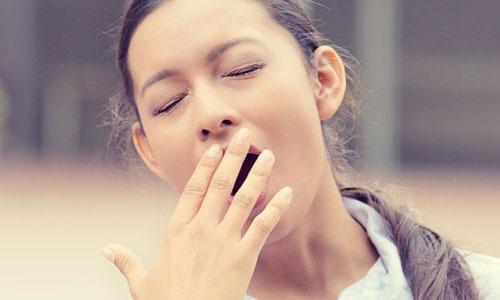The mantra of “eat less, exercise more” is no longer enough for many people that want to lose weight. Many people can carry out the same diet plan and exercise regime and see very disappointing results. What could be missing from their routine is a good night sleep.
Some will see the pounds start to decrease, the muscle build and feel a lot healthier. Others will fail to make any gains in the gym, continue with poor eating habits and struggle with fat loss.
The answer may lie in sleep. Those who struggle with weight loss programs also deals with sleep deprivation. There are many reasons to add a new sleep schedule to an exercise regime.
Poor sleep patterns disturb the function of fat cells.
When we think of the impact of poor sleep, we tend to think of basic physical and cognitive effects. These include fatigue, aching muscles, confusion and general grogginess.

We simply aren’t ourselves for a while and struggle to function – often until the first coffee of the day. The problem is that the effects go deep. Sleep impacts upon fat cells and insulin production, making it more likely that the body will store fat, rather than burn it.
A bad night’s sleep also has negative implications for your morning workout.
The effectiveness of a morning session in the gym is at the mercy of the amount of sleep we get. Muscle building and body shaping don’t just occur during that hour, or half hour, where users lift weight or use the machine. This is why those that workout twice as long or twice as hard isn’t guaranteed great results.
It all comes down to protein synthesis. This is how the body creates and maintains muscles. This can decrease with a lack of sleep. A poor night means a reduction in the release of growth hormones. With time this can make bodies prone to injury and less able to burn fat.
To make matters worse, we are more likely to crave food afterward.
Hunger is chemical. No matter how much we will defend ourselves to resist cravings, our hormones say otherwise.
Leptin helps us to feel full while ghrelin stimulates hunger and reduces metabolism. These hormones need to remain under control to reduce cravings. A lack of sleep makes this tough.

Those that sleep for less than 6 hours are more likely to see reductions in leptin and increases in ghrelin. High ghrelin levels, combined with increased stress hormone levels, also stop us from feeling full after a meal.
It is not just that out bodies crave more food and bigger portions with sleep deprivation; it also affects the types of food.
The insular cortex is an area of the brain that helps with decision making. It can over-rule bad choices on food, giving rational reasons to avoid sweet, fatty treats.
Sleep deprivation limits this process, and it becomes easier to give in. So, that piece of cake at the coffee shop after a workout may seem more tempting.
A good night’s sleep can change all this.
A good night’s sleep of 7-9 hours could be the breakthrough dieters need to stop the cravings, control portions and make progress in the gym.
A long, deep sleep can restore hormone levels, regulating cravings, protein synthesis, and fat burning. The new mantra is simple: “eat less, exercise more and sleep well.”